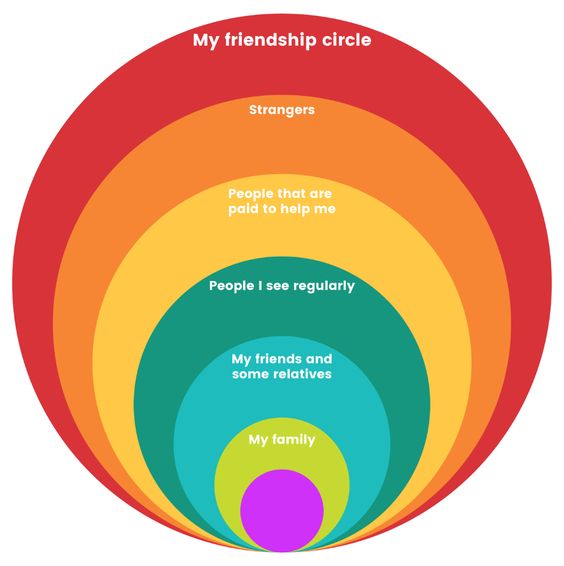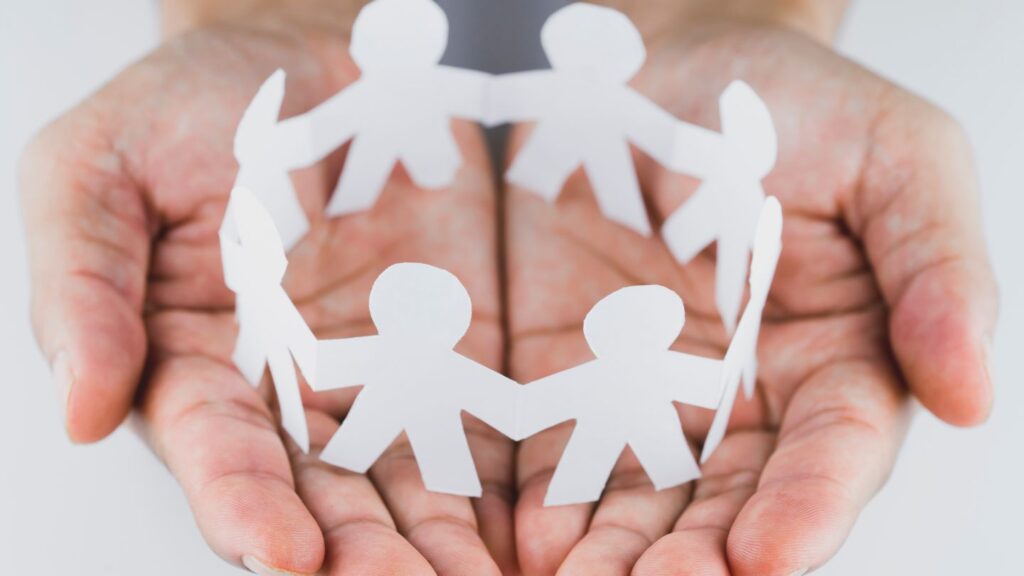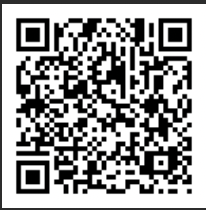There was once a time where a concept someone talked about had struck me so hard that I started wondering if it occurred in my life too. During a panel discussion about mental health and wellbeing, one panellist brought up the idea of a ‘circle of support’. I immediately thought about my close friends and family members that have always been supporting me. However, it turns out there are more sources of support which I could not think of at that moment.
I wanted to share this with you because often times there are moments where it might feel difficult to open up even to your close ones but that is not a problem at all. In this article, I will talk about the strong pillars of support that have been hiding in plain sight.

“Anything is possible when you have the right people to support you.”
Mitsy Copeland
Circles of Support
The Circles of Support, also known as friendship circles or relationship circles, are a group of people who come together to help support your goals as a person. There are 4 different circles that exist within our lives.
Circle one: Circle of Intimacy
This circle includes those who we share great intimacy with, rely on every day, and knows us best. These are people or even animals or objects that are so important to us that we cannot imagine living without. An example would be family members or very close friends.
Circle two: Circle of Friendship
This consists of our friends and relatives we might not have to see regularly, and might not be our dearest friends but we still enjoy asking them out to go watch a new movie or grab delicious brunch!
Circle three: Circle of Participation
The third circle involves the people or organisations we participate with in life. It could be at work, school, clubs, and anywhere we interact with people. I’m sure you have co-workers, neighbours, or even people at gym that you share common interests with.
Circle four: Circle of Exchange
The last circle includes people who are in your life because they are providing a service you are paying for. They could be doctors, therapists, trainers, teachers, support providers and many more. Most of these people are experts who can guide and support you with their professional knowledge!

To build our circle of support, we can use the four types of circles to identify the people who could provide support for our wellbeing. The main purpose of this exercise is to recognise that there are many different kinds of support that we can receive! It goes beyond our close family and friends but also professional help and support services. You need to remember that there will always be support for you, anywhere and anytime.
There might be moments when we struggle to find support or even ask for help. Being independent and self-reliant is very admired in our society that sometimes we don’t know how to ask for help or how to answer when help is offered to us. We might grow up with the fear of being vulnerable, rejected, or even losing control.
However, the truth is that asking for help is one of the bravest things we can do. It is the first step to lighten your burden and strengthen you further. It also shows your authenticity as a person and allows you to build resilient relationships with people who support you.
Student Profile

Name: James
Role: Social Work Placement Student
What are you studying at UNSW?
Bachelor of Social Work (Honours)
Who are the people that you think are your main sources of support?
The main sources of support I rely on are my partner, my friends, and my Mum.
Have you ever supported others and become a part of their circle of support?
I have been able to support both friends and clients during my role as a mental health support worker through challenging times, including breakups, health crises, and struggles with mental health, to become part of their circle of support.
What is your advice to building a healthy circle of support?
I believe empathy, compassion, respect, open listening, as well as a non-judgmental attitude are essential in building strong relationships and healthy circles of support.
Support Services
Upcoming THRIVE Thursday Events
THRIVE Thursdays – How to Help a Friend Training
Date: Thursday 3 October
Time: 12pm – 1:30pm
Location: Room 131, Level 1, L5 Building, UNSW College
THRIVE Thursdays – How to THRIVE: Unlock Your Best Rest
Date: Thursday 10 October
Time: 12pm – 1pm
Location: Room 131, Level 1, L5 Building, UNSW College
THRIVE Thursdays – Fill Your Cup
Date: Thursday 17 October
Time: 12pm – 5pm
Location: Level 1 Courtyard, L5 Building, UNSW College
THRIVE Thursdays – Friendship and Worry Bead Bracelets
Date: Thursday 24 October
Time: 12pm – 5pm
Location: Level 1 Courtyard, L5 Building, UNSW College
THRIVE Thursdays – Paint, Plant & Grow
Date: Thursday 31 October
Time: 12pm – 5pm
Location: Level 1 Courtyard, L5 Building, UNSW College
For more College events, click here.
Resources



